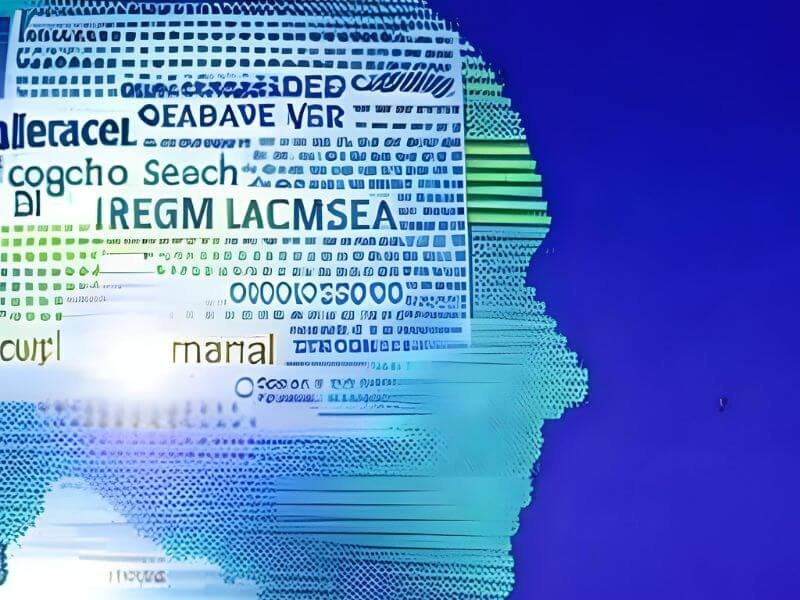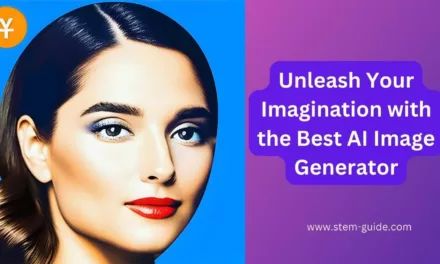AI-Powered Google Search!
AI (Artificial Intelligence) has become an integral part of our lives, and its impact is especially evident in the world of search engines. Google, the most popular search engine globally, has embraced AI technology to deliver more relevant and personalized search results.
In this article, we will explore the concept of AI-Powered Google Search, its evolution, features, and the implications it has on user experience, SEO, and the future of search.
Understanding AI-Powered Google Search
AI-Powered Google Search refers to the integration of artificial intelligence technologies within the Google search engine. It leverages machine learning algorithms and Natural Language Processing (NLP) to understand user queries and provide more accurate and contextually relevant search results. Through AI, Google aims to improve the search experience by better understanding user intent and delivering highly tailored results.

Evolution of Google Search with AI
Google’s journey with AI integration in search started years ago and has continually evolved. One significant milestone was the introduction of the RankBrain algorithm in 2015. RankBrain uses machine learning to process and understand complex queries, contributing to improved search relevance and user satisfaction. Over time, Google has further advanced its AI models, such as BERT (Bidirectional Encoder Representations from Transformers) and GPT-3 (Generative Pre-trained Transformer 3), allowing for better understanding and interpretation of search queries.
Enhancements in Search Quality
With AI-Powered Google Search, search results have become more accurate and relevant than ever before. AI algorithms analyze vast amounts of data to determine the most appropriate results for each query, considering factors like user intent, search history, and context. As a result, users can find the information they need more efficiently, reducing the need for multiple searches or sifting through irrelevant results.
Personalization and User Experience
AI-Powered Google Search takes user personalization to a new level. By analyzing user behavior and preferences, Google can customize search results based on individual interests, location, and search history. This personalized approach enhances the user experience, delivering more targeted and tailored results.
Location-based search results have also improved significantly with AI integration. Whether users are looking for nearby restaurants, stores, or services, Google can leverage AI algorithms to provide accurate and geographically relevant results, saving users time and effort.
Moreover, the rise of voice search and conversational search has been made possible through AI. With voice assistants like Google Assistant, users can interact with the search engine using natural language, asking questions and receiving spoken responses. AI algorithms enable the interpretation of conversational queries, leading to more conversational and interactive search experiences.
AI-Powered Features in Google Search
Google Search incorporates several AI-powered features that enhance the overall search experience. Featured snippets and rich results provide concise and informative answers directly on the search results page, offering quick solutions to user queries. AI algorithms analyze content and extract relevant information to present in these featured snippets.
Knowledge graph and entity recognition are other notable AI-powered features. The knowledge graph connects related entities and displays additional information alongside search results, offering a comprehensive understanding of a particular topic. AI algorithms understand the context and relationships between different entities, providing users with more comprehensive and accurate information.
Furthermore, image recognition and visual search have seen remarkable improvements. By leveraging AI and computer vision technologies, Google can analyze and understand images, enabling users to search for similar images or find relevant information based on visual content.
AI-Powered Google Search: Challenges and Ethical Considerations
While AI-Powered Google Search brings numerous benefits, it also raises challenges and ethical considerations. One challenge is striking a balance between privacy and data collection. AI relies on vast amounts of user data to provide personalized results, but there is a need to ensure data privacy and security, as well as transparency in data usage.
Bias in search results is another concern. AI algorithms learn from existing data, and if that data contains biases, it can lead to biased search results. Ensuring algorithmic transparency and addressing bias becomes crucial to maintain fairness and inclusivity in search results.
Additionally, combating fake news and misinformation is a significant challenge. AI can help detect and flag unreliable sources, but it requires ongoing efforts to refine algorithms and combat the spread of misinformation.
The Future of AI-Powered Google Search
The future of AI-Powered Google Search looks promising. Integration with voice assistants and smart devices will continue to enhance the search experience, allowing users to interact with search engines seamlessly across different platforms.
Cross-platform search experiences will also evolve, providing a consistent search experience across desktops, mobile devices, smart TVs, and more. AI algorithms will adapt to different platforms and user contexts, delivering optimized results for each.
Continued advancements in AI algorithms will drive further improvements in search relevance, accuracy, and understanding of user intent. As AI models evolve and more data becomes available, Google Search will become even more intelligent and efficient.
AI-Powered Google Search: Impact on SEO and Content Creation
AI-Powered Google Search has a significant impact on SEO strategies and content creation. To optimize content for AI-powered search, understanding user intent becomes crucial. Instead of focusing solely on keywords, content creators need to address the specific needs and questions users have, ensuring value and relevance in their content.
Structured data and schema markup play an important role in helping search engines understand the content better. By implementing structured data, content creators can provide additional context and information about their content, increasing the chances of appearing in featured snippets or other enhanced search results.
In conclusion, AI-Powered Google Search represents a significant advancement in search technology. Through the integration of AI, Google continues to refine search quality, personalize results, and enhance the user experience. With machine learning algorithms and Natural Language Processing, Google can understand user intent, provide contextually relevant results, and offer features like voice search and conversational search.
Evolution of Google Search with AI
The evolution of Google Search with AI has been marked by milestones such as the introduction of RankBrain and advancements in AI models like BERT and GPT-3. These advancements have improved the relevance of search results, enabling Google to better understand complex queries and deliver accurate answers.
AI-powered features in Google Search, such as featured snippets, knowledge graphs, and image recognition, have transformed the way users interact with search results. Users can quickly find concise answers, explore related entities, and search using visual content, enhancing the depth and efficiency of their search experience.
However, the integration of AI in search also poses challenges and ethical considerations. Striking a balance between data collection and privacy is crucial, ensuring that user data is used responsibly and securely. Addressing bias in search results and combating fake news requires ongoing efforts to maintain fairness and accuracy in the information presented to users.
Looking ahead, the future of AI-Powered Google Search holds exciting possibilities. Integration with voice assistants and smart devices will offer seamless search experiences across platforms, while advancements in AI algorithms will lead to even more intelligent and efficient search results. Content creators and SEO practitioners will need to adapt their strategies, focusing on understanding user intent and leveraging structured data to optimize their content for AI-powered search.
Conclusion:
In conclusion, AI-Powered Google Search is transforming the way we discover information online. With AI algorithms, Google continues to refine search quality, personalize results, and provide innovative features. As AI technology advances, we can expect further improvements in search relevance, user experience, and the integration of search with voice assistants and smart devices. By understanding the impact of AI-Powered Google Search on SEO and content creation, businesses, and content creators can stay ahead and ensure their online presence aligns with the evolving search landscape.
Read more about How to convert words to Image with AI?

